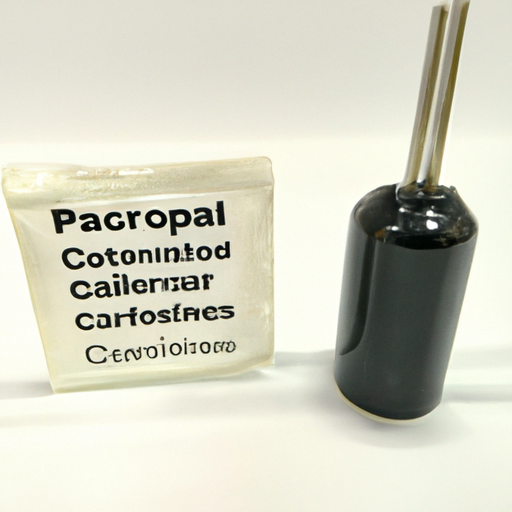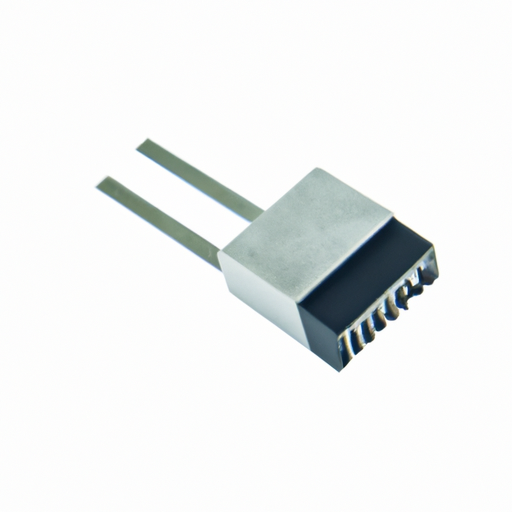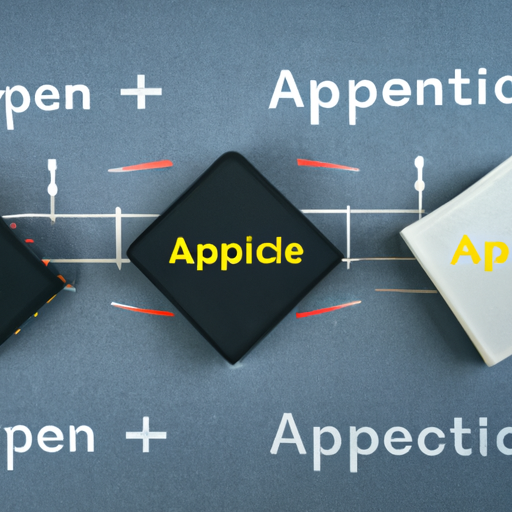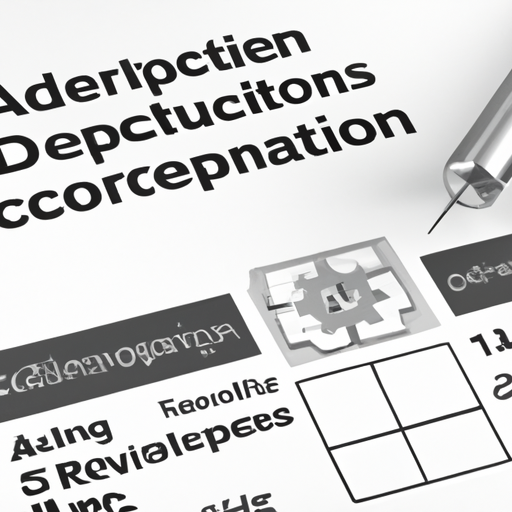What is the role of Capacitor Current products in practical applications?
The Role of Capacitor Current Products in Practical Applications
I. Introduction
Capacitor current products are essential components in modern electrical systems, playing a crucial role in various applications ranging from power factor correction to energy storage. A capacitor is a passive electronic component that stores electrical energy in an electric field, and its ability to charge and discharge makes it invaluable in numerous circuits. This article aims to explore the different types of capacitor current products, their applications, advantages, challenges, and future trends in technology.
II. Understanding Capacitor Current Products
A. Types of Capacitor Current Products
Capacitor current products can be categorized into several types, each serving distinct functions:
1. **Fixed Capacitors**: These capacitors have a predetermined capacitance value and are widely used in applications where the capacitance does not need to change. Common examples include ceramic capacitors, electrolytic capacitors, and film capacitors.
2. **Variable Capacitors**: Unlike fixed capacitors, variable capacitors allow for the adjustment of capacitance. They are often used in tuning circuits, such as radios, where precise control over frequency is necessary.
3. **Supercapacitors**: Also known as ultracapacitors, supercapacitors have a much higher capacitance than traditional capacitors and are used for energy storage applications. They can charge and discharge rapidly, making them ideal for applications requiring quick bursts of energy.
B. Basic Principles of Capacitor Operation
Understanding how capacitors work is fundamental to appreciating their role in electrical systems:
1. **Capacitance and Its Measurement**: Capacitance is the ability of a capacitor to store charge per unit voltage, measured in farads (F). The higher the capacitance, the more charge a capacitor can store.
2. **Charging and Discharging Cycles**: When a voltage is applied across a capacitor, it charges up to that voltage. When the voltage source is removed, the capacitor can discharge its stored energy back into the circuit. This cycle is fundamental to many applications, including timing and filtering.
III. Applications of Capacitor Current Products
Capacitor current products find applications in various fields, each leveraging their unique properties:
A. Power Factor Correction
1. **Explanation of Power Factor**: Power factor is a measure of how effectively electrical power is being converted into useful work output. A power factor of 1 indicates that all the power is being used effectively, while lower values indicate inefficiencies.
2. **Role of Capacitors in Improving Power Factor**: Capacitors are used to counteract inductive loads in electrical systems, which can cause a lagging power factor. By adding capacitors, the overall power factor can be improved, leading to more efficient energy use.
3. **Benefits of Power Factor Correction in Industrial Settings**: Improved power factor can lead to reduced energy costs, decreased demand charges, and enhanced system capacity. Industries that rely heavily on motors and inductive loads benefit significantly from power factor correction.
B. Energy Storage Systems
1. **Overview of Energy Storage Needs**: As the demand for renewable energy sources grows, the need for efficient energy storage solutions becomes critical. Capacitors, particularly supercapacitors, play a vital role in this area.
2. **Function of Supercapacitors in Energy Storage**: Supercapacitors can store large amounts of energy and release it quickly, making them suitable for applications like regenerative braking in electric vehicles and smoothing out power fluctuations in renewable energy systems.
3. **Applications in Renewable Energy Systems**: In solar and wind energy systems, supercapacitors can store excess energy generated during peak production times and release it when demand is high, enhancing the reliability of these energy sources.
C. Filtering and Signal Processing
1. **Importance of Filtering in Electrical Circuits**: Filtering is essential for removing unwanted noise from signals in electronic circuits. Capacitors are key components in various filtering applications.
2. **Capacitors in Noise Reduction and Signal Integrity**: By smoothing out voltage fluctuations and filtering out high-frequency noise, capacitors help maintain signal integrity in communication systems and audio equipment.
3. **Applications in Audio and Communication Systems**: Capacitors are used in audio crossover networks to direct specific frequency ranges to the appropriate speakers, and in communication systems to filter signals for clearer transmission.
D. Timing and Oscillation Circuits
1. **Role of Capacitors in Timing Applications**: Capacitors are integral to timing circuits, where they charge and discharge at specific rates to create time delays.
2. **Use in Oscillators and Frequency Generation**: Capacitors, in conjunction with resistors and inductors, are used in oscillators to generate specific frequencies, which are crucial in radio transmitters and receivers.
3. **Examples in Consumer Electronics**: Many consumer electronics, such as clocks and timers, rely on capacitors for accurate timekeeping and frequency generation.
E. Motor Start and Run Capacitors
1. **Explanation of Motor Operation**: Electric motors require a certain amount of torque to start and run efficiently. Capacitors provide the necessary phase shift to create this torque.
2. **Importance of Capacitors in Starting and Running Motors**: Start capacitors provide a boost of energy to help motors start, while run capacitors improve efficiency during operation.
3. **Applications in HVAC Systems and Industrial Machinery**: Capacitors are commonly used in HVAC systems to ensure efficient motor operation, as well as in various industrial machines that rely on electric motors.
IV. Advantages of Using Capacitor Current Products
A. Efficiency and Performance
1. **Enhanced Energy Efficiency**: Capacitors improve the overall energy efficiency of electrical systems by reducing losses and optimizing power factor.
2. **Improved System Performance**: By stabilizing voltage and filtering noise, capacitors enhance the performance of electronic devices and systems.
B. Reliability and Longevity
1. **Durability of Capacitor Products**: High-quality capacitors are designed to withstand various environmental conditions, ensuring long-term reliability.
2. **Reduced Maintenance Costs**: The longevity of capacitors translates to lower maintenance and replacement costs, making them a cost-effective choice in many applications.
C. Versatility
1. **Wide Range of Applications**: Capacitors are used in countless applications across different industries, showcasing their versatility.
2. **Adaptability to Various Electrical Systems**: Capacitors can be tailored to meet specific requirements, making them suitable for a wide array of electrical systems.
V. Challenges and Considerations
A. Limitations of Capacitor Current Products
1. **Voltage Ratings and Breakdown**: Capacitors have specific voltage ratings, and exceeding these can lead to breakdown and failure.
2. **Temperature Sensitivity**: Capacitor performance can be affected by temperature, necessitating careful selection based on operating conditions.
B. Selection Criteria
1. **Factors to Consider When Choosing Capacitors**: When selecting capacitors, factors such as capacitance value, voltage rating, and application-specific requirements must be considered.
2. **Importance of Application-Specific Requirements**: Different applications may require different types of capacitors, making it essential to understand the specific needs of the system.
VI. Future Trends in Capacitor Technology
A. Innovations in Capacitor Design
1. **Advances in Materials and Manufacturing**: Ongoing research is leading to the development of new materials that enhance capacitor performance and efficiency.
2. **Development of Smart Capacitors**: The integration of smart technology into capacitors allows for real-time monitoring and optimization of performance.
B. Growing Demand in Emerging Technologies
1. **Role in Electric Vehicles and Renewable Energy**: As electric vehicles and renewable energy systems become more prevalent, the demand for advanced capacitor technologies will continue to grow.
2. **Impact on the Internet of Things (IoT)**: Capacitors will play a crucial role in powering and stabilizing IoT devices, which require efficient energy management.
VII. Conclusion
Capacitor current products are indispensable in modern electrical applications, providing essential functions that enhance efficiency, reliability, and performance. From power factor correction to energy storage and signal processing, capacitors are integral to a wide range of systems. As technology continues to evolve, the role of capacitors will only become more significant, driving innovations and improvements across various industries. Understanding and exploring capacitor technology is crucial for anyone involved in electrical engineering or related fields, as it holds the key to optimizing performance and efficiency in our increasingly electrified world.






